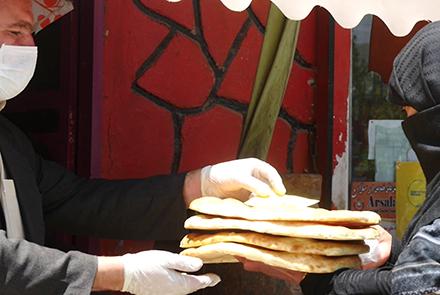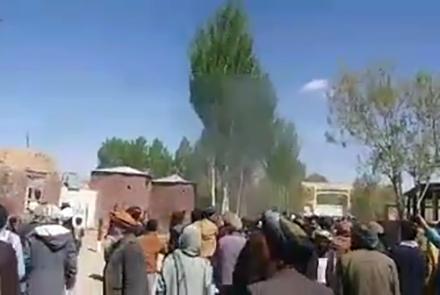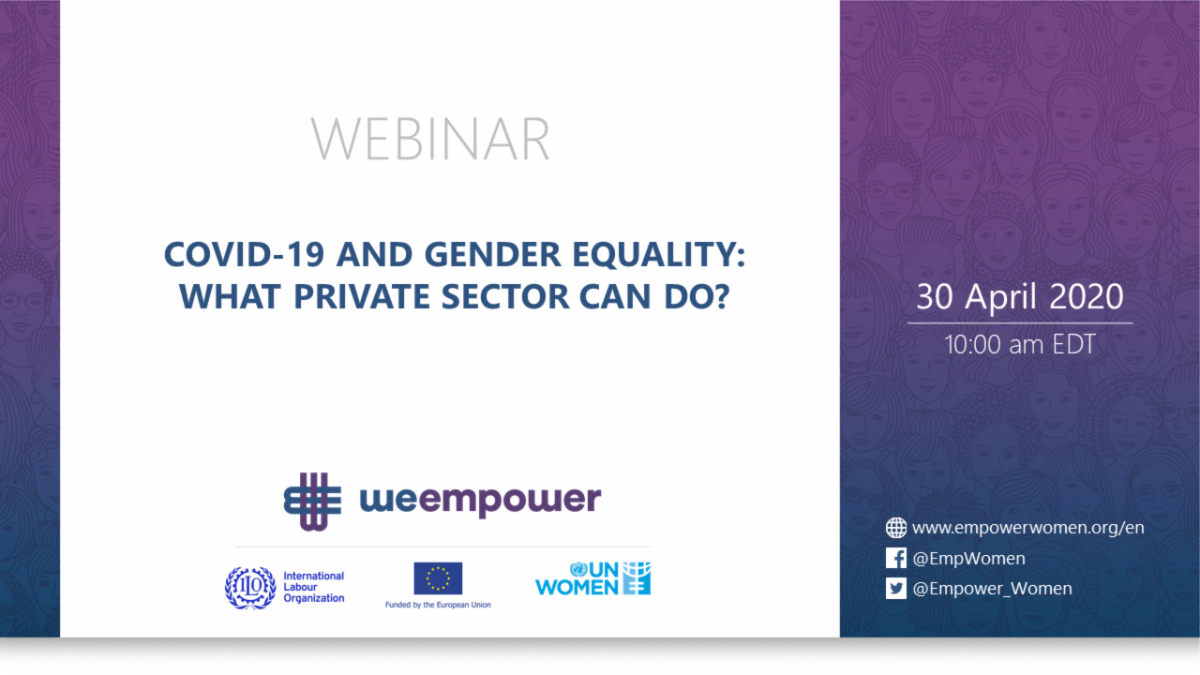
The Afghan government has pledged to distribute 650 tons of flour to 1,343 bakeries to low-income families across the country. The plan calls for $2 million to be spent every week to distribute the bread to 250,000 families who are hardest hit by the COVID-19 crisis. But some Kabul residents criticized the process and said it is not running fairly, with some saying it is “corrupt.”
“The bakery made 200 nans but the representative (of the locality) has told them to say they have baked 2,000 nans for distribution if someone asked,” said Jawed, a Kabul resident, who joined others to protest alleged corruption in the process.
“They took the bags of flour to their home but later police came and there was a deal between them and only three bags of the flour was returned,” said Naqshband, a Kabul resident, who pointed at their representative.
“Bread was emptied out from the bakery for the last two days. Some bread was distributed to their relatives, but the needy did not benefit,” said Nasir Ahmad, a Kabul resident.
Similar problems were reported by residents in various parts of Kabul.
“We have complaints against the representative of the area. He has registered five people from one family. But, for us, who are vulnerable, nothing has been done,” said Mohammad Kabir, a Kabul resident.
The head of the union of bakeries, Haji Ghulamuddin, said there isn’t any contract between the Kabul Municipality and bakeries and that the municipality, instead, has signed a contract with representatives of localities.
“We are not in the loop. We were asked to provide a list of bakeries that we sent to them, but we are not aware of the next steps,” he said.
Source:
https://tolonews.com/index.php/afghanistan/govt-bread-pandemic-relief-unfairly-distributed-residents
—————————————————————————————————————————————–
4 Protestors, 2 Policement Killed in Ghor Protest: MoI

Frustrated residents of Ghor province gathered in the streets on Saturday to protest what they called the government’s “inattention to helping the poor” during the COVID-19 crisis.
—————————————————————————————————————————————–
COVID-19: States should not abuse emergency measures to suppress human rights – UN experts
GENEVA (16 March 2020) – UN human rights experts* today urged States to avoid overreach of security measures in their response to the coronavirus outbreak and reminded them that emergency powers should not be used to quash dissent.
“While we recognize the severity of the current health crisis and acknowledge that the use of emergency powers is allowed by international law in response to significant threats, we urgently remind States that any emergency responses to the coronavirus must be proportionate, necessary and non-discriminatory,” the experts said.
Their appeal echoes the recent call by the UN High Commissioner for Human Rights to put #HumanRights at the centre of #CoronavirusOutbreak response.
Declarations of states of emergency, whether for health or security reasons, have clear guidance from international law, the UN experts said. “The use of emergency powers must be publicly declared and should be notified to the relevant treaty bodies when fundamental rights including movement, family life and assembly are being significantly limited.”
“Moreover, emergency declarations based on the Covid-19 outbreak should not be used as a basis to target particular groups, minorities, or individuals. It should not function as a cover for repressive action under the guise of protecting health nor should it be used to silence the work of human rights defenders.
“Restrictions taken to respond to the virus must be motivated by legitimate public health goals and should not be used simply to quash dissent.”
Some States and security institutions may find the use of emergency powers attractive because it offers shortcuts, the experts said. “To prevent such excessive powers to become hardwired into legal and political systems, restrictions should be narrowly tailored and should be the least intrusive means to protect public health.”
Finally, in countries where the virus is waning, authorities must seek to return life to normal and must avoid excessive use of emergency powers to indefinitely regulate day-to-day life, they said.
“We encourage States to remain steadfast in maintaining a human rights-based approach to regulating this pandemic, in order to facilitate the emergence of healthy societies with rule of law and human rights protections,” the UN experts said.
—————————————————————————————————————————————–

Dear WE EMPOWER Community and Friends,
Please join us for the COVID-19 and Gender Equality: What Private Sector Can Do? webinar.
The webinar will explore concrete ways that companies could support their employees, business partners and community members during COVID-19.
As employers and an engine of economic growth, the private sector has an especially important role to play in not just mitigating the impact of COVID-19, but also in slowing the spread of the virus. Early and targeted action by the private sector will reduce immediate health risks to employees, while also reducing the overall economic impact. The private sector will also play a critical role in the recovery phase to ensure women’s economic security, and their mental and physical wellbeing.
WHEN – 30 April 2020, 10:00 am EDT
WHERE – Online via Zoom
REGISTER
We look forward for your participation.
The WE EMPOWER Team
—————————————————————————————————————————————–

Community Doer’s Wanted! Are you working in the area of education for active citizenship? Do you think that education can change the world around you for the better? If your answer is yes, Bridge 47 and CIVICUS welcome you to participate in this webinar.
Most of us are so busy making positive change in our communities happen through education, that the work to collect the evidence of that change isn’t the priority. But that evidence is important for so many reasons – it motivates those working and it builds appreciation for the work, which leads to more trust and stronger relationships – the foundation for even more positive change. It also uncovers ways to better allocate scarce resources and uncover unintended negative and positive consequences of the work.
Hannah Wheatley, Data Specialist, from CIVICUS will share uncomplicated and powerful steps to collect evidence of the change you are making and use the evidence to build recognition and get more of what you need.
Laura Leeson is Program Director at Projet Jeune Leader, a youth-led organisation that integrates sexual health and leadership education into the curriculum of public middle schools in Madagascar. She will talk about why it is so important to collect evidence of the change Projet Jeune Leader is making.
This webinar will introduce a simple process, including tools and tricks of collecting evidence, which helps you do more of what you want to be doing: being and acting as Community Doer!
The webinar will take place on 7th May, 15:00-16:15 CEST. You can register here.
The webinar is free of charge, open to anyone! We invite all of you to actively participate with ideas, reflections and comments!
If you have any questions, please contact Ricarda at ricarda.motschilnig@bridge47.org
 Safety and Risk Mitigation Organization Safety and Risk Mitigation Organization
Safety and Risk Mitigation Organization Safety and Risk Mitigation Organization